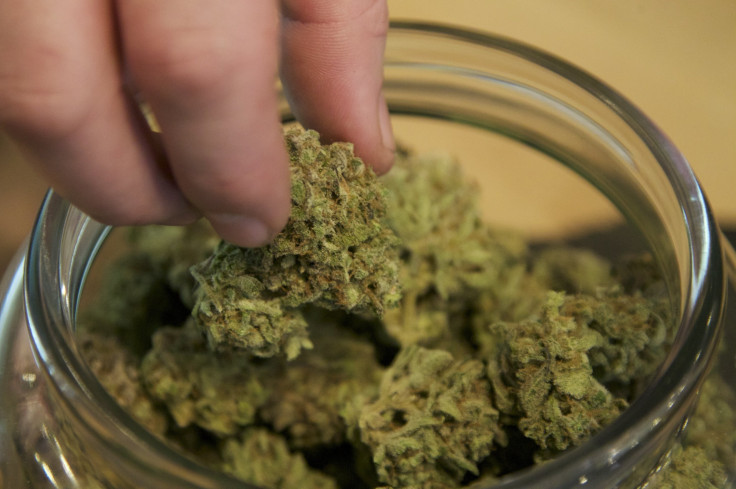Marijuana Legalization: Minnesota To Allow PTSD Patients To Use Medical Cannabis

Residents of Minnesota suffering from post-traumatic stress disorder (PTSD) will be allowed to use medical cannabis starting from August next year, the Minnesota Department of Health said Thursday. The agency added that it had expanded the list of qualifying conditions that would benefit from its year-long medical marijuana program.
Also under review were conditions like depression, arthritis and autism spectrum disorders but Department of Health Commissioner Ed Ehlinger said there wasn’t enough evidence proving marijuana’s effectiveness in treating those conditions.
He added that the lack of an effective treatment for PTSD helped its case. The list was compiled after taking into consideration public petitions filed to the department.
“This decision was made after careful deliberation of available evidence, consultation with experts in the field and public input,” Ehlinger reportedly said. “While the process of reviewing these potential additions was difficult due to the relative lack of published scientific evidence, PTSD presented the strongest case for potential benefits. PTSD also has few effective treatment alternatives available for some patients with the condition.”
He added that the addition of PTSD to the list would help not only veterans but also sexual assault victims or those who have witnessed violence.
The state will also ease restrictions on how medical cannabis can be consumed. From August, manufacturers will be allowed to sell topical patches, creams and lotions in addition to the oils, capsules and vapors currently on sale. A 2014 law bans smoking marijuana and the use of the full plant.
The program allows the use of marijuana to help patients suffering from unmanageable pain. Over 3,500 patients have reportedly been registered as of last week but no major spike in patient count is expected after the addition of PTSD to the approved list, Ehlinger said.
© Copyright IBTimes 2025. All rights reserved.






















